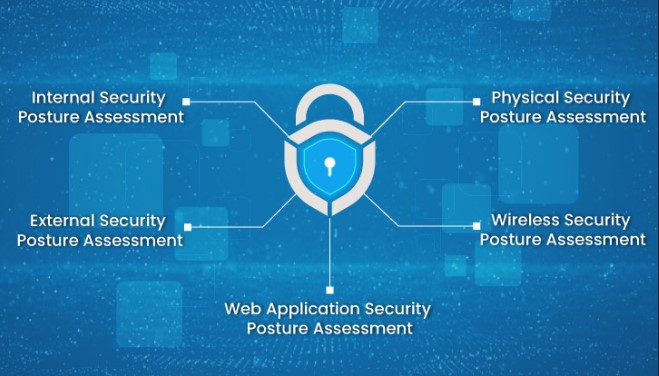Exposing 10 Cyber Security Posture Blind Spots
May 14, 2024

In today’s digital landscape, cybersecurity is more critical than ever. With the rise of sophisticated cyber threats, it’s essential for organizations to maintain a robust security posture. However, even the most vigilant companies can fall victim to blind spots in their security defenses. These blind spots leave organizations vulnerable to cyber-attacks and data breaches. In this blog post, we’ll explore ten common cybersecurity blind spots that could compromise your organization’s security posture.
Eyes Wide Open
Shadow IT: One of the most significant blind spots for organizations is shadow IT – the use of unauthorized applications or services by employees. When employees use unauthorized tools and services, it bypasses the organization’s security controls, leaving sensitive data at risk.
Unpatched Software: Failing to keep software and systems updated with the latest security patches is another blind spot. Cybercriminals often exploit known vulnerabilities in outdated software to gain unauthorized access to networks and systems.
Weak Passwords: Despite the emphasis on password security, weak passwords remain a prevalent issue. Employees using easily guessable passwords or reusing passwords across multiple accounts create a significant security risk for organizations.
Lack of Employee Training: Human error is one of the leading causes of security breaches. Without proper cybersecurity training, employees may unknowingly fall victim to phishing attacks, social engineering tactics, or other cyber threats.

Inadequate Access Controls: Poorly managed access controls can lead to unauthorized access to sensitive data or systems. Without proper authorization mechanisms in place, employees may have more access privileges than necessary, increasing the risk of data breaches.
Insufficient Endpoint Security: Endpoints such as laptops, smartphones, and IoT devices are common targets for cyber-attacks. Without robust endpoint security measures, these devices can serve as entry points for malware and other threats into the organization’s network.
Limited Visibility into Network Traffic: Organizations often lack comprehensive visibility into their network traffic, making it challenging to detect and respond to suspicious activities or potential security breaches promptly.
Third-Party Risks: Many organizations rely on third-party vendors and partners for various services, introducing additional security risks. Failure to assess and monitor the security posture of third-party vendors can expose organizations to supply chain attacks and other cybersecurity threats.
Data Leakage Prevention: Protecting sensitive data from unauthorized access or leakage is a critical aspect of cybersecurity. However, organizations often overlook the importance of implementing robust data loss prevention strategies, leaving valuable data vulnerable to theft or exposure.
Inadequate Incident Response Plans: Despite best efforts to prevent cyber-attacks, no organization is immune to security incidents. Having an ineffective or outdated incident response plan can prolong the detection and containment of security breaches, resulting in more significant damage to the organization.
![]()
Taking Care of the Blind Spots
To address these blind spots and strengthen your organization’s security posture, it’s essential to take a proactive approach to cybersecurity. This includes implementing robust security policies and procedures, regularly updating software and systems, providing ongoing cybersecurity training to employees, and leveraging advanced security technologies such as endpoint detection and response (EDR) solutions and security information and event management (SIEM) systems.
By identifying and addressing these blind spots, organizations can better protect themselves against cyber threats and minimize the risk of costly data breaches and disruptions to business operations. Remember, cybersecurity is an ongoing effort that requires continuous vigilance and adaptation to evolving threats.

Recent Posts
-

Navigating Investment Scams in the Digital World
06 Mar 2024
-

Safeguarding Your Spring Break Adventures
05 Mar 2024
-

Enhancing Cyber Security Posture for Small Businesses
01 Mar 2024
-

Safeguarding Success: A 10-Step Cybersecurity Plan for Small Businesses
23 Feb 2024
Have Any Question?
Call or email Cocha. We can help with your cybersecurity needs!
- (281) 607-0616
- info@cochatechnology.com
